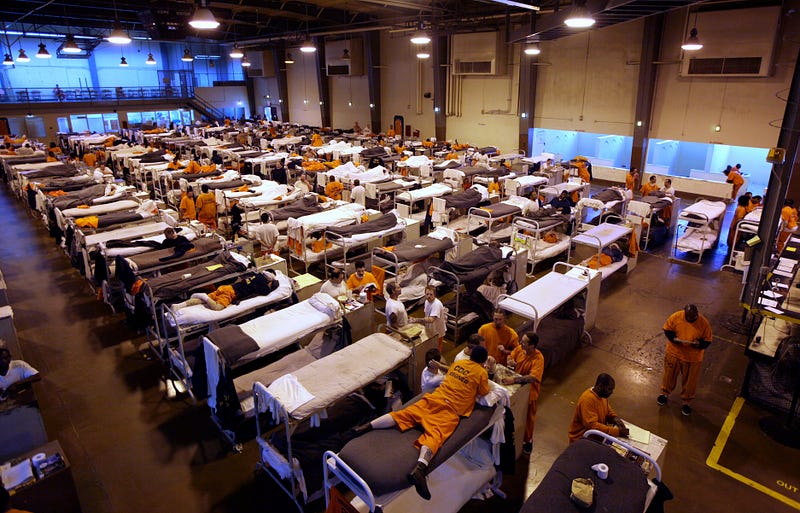
Companies in the nation’s second-largest city must stop requiring job applicants to disclose criminal convictions on hiring forms next year after Los Angeles Mayor Eric Garcetti signed a “Ban the Box” law there on Friday.
The law does not prevent companies from conducting background checks once they have made a conditional job offer to a finalist. But it eliminates a standardized checkbox question about previous run-ins with the law, a common feature of job paperwork that makes it much harder for people to get back on their feet after serving their time. Firms with fewer than 10 employees are exempt from the law.
Sometimes called fair-chance hiring laws, such restrictions on how hiring managers solicit information about applicants’ criminal histories have grown in popularity over the past few years.
But the laws have typically applied only to hiring that involves taxpayer money, at government agencies and vendors who do business with the government. When President Obama moved to ban the checkbox last year, the executive action he took was limited to federal government hiring.

Out of 24 states with fair-chance hiring laws, just nine extend to the private sector. Los Angeles is the 15th local jurisdiction to extend ban-the-box thinking to private firms. Among the five largest American cities, only Houston has yet to ban the checkbox.
Between 60 and 75 percent of people coming out of prison are unable to find work in their first year back on the street. Research indicates that an applicant’s chances of a callback drop by half if they indicate a criminal record—though white applicants who check the box fare significant better than black ones. There is also evidence that people who get far enough into the process to actually meet with a company representative are much more likely to get an offer despite their record—a key argument for eliminating the check-box filtering mechanism.
The idea’s spread during the latter years of Obama’s tenure seemed emblematic of the broader re-evaluation of a criminal justice system that is more punitive than rehabilitative. Formerly incarcerated people and their supporters rallied in front of the White House in 2015 to call for action, sharing stories of the hardships they faced in finding legitimate work after re-entering society.
The administration’s eventual move on hiring paperwork was just one in a flurry of progressive reforms to the incarceration system, all of which may be in jeopardy once president-elect Donald Trump takes office in January.
Americans leaving prison face high hurdles to regaining their economic and social footing without returning to crime. These obstacles are complicated to dismantle, rooted as they are in societal and individual prejudices about people with criminal pasts.
Policy changes can’t will charity into people’s hearts, of course, and there’s even some evidence to suggest that personal prejudices around the formerly incarcerated are so entrenched that fair-chance laws trigger ugly unintended consequences.
Two groups of researchers have published analyses suggesting that hiring managers simply begin ruling out young black men by default when they know they can’t ask about criminal history in the initial stages of their search. One of those studies outright argues that banning the checkbox does more harm than good.
But as the National Employment Law Project notes, that analytic conclusion gets things backward.
“Rather than identifying the root of the problem—which is both coupling criminality with being African American and the dehumanizing of individuals with records—the argument blames the reform,” NELP researchers wrote in response. “This distinctly economic framework, which views employers as entirely rational actors, fails to appreciate the extent to which negative racial stereotypes continue to plague the hiring process.”




